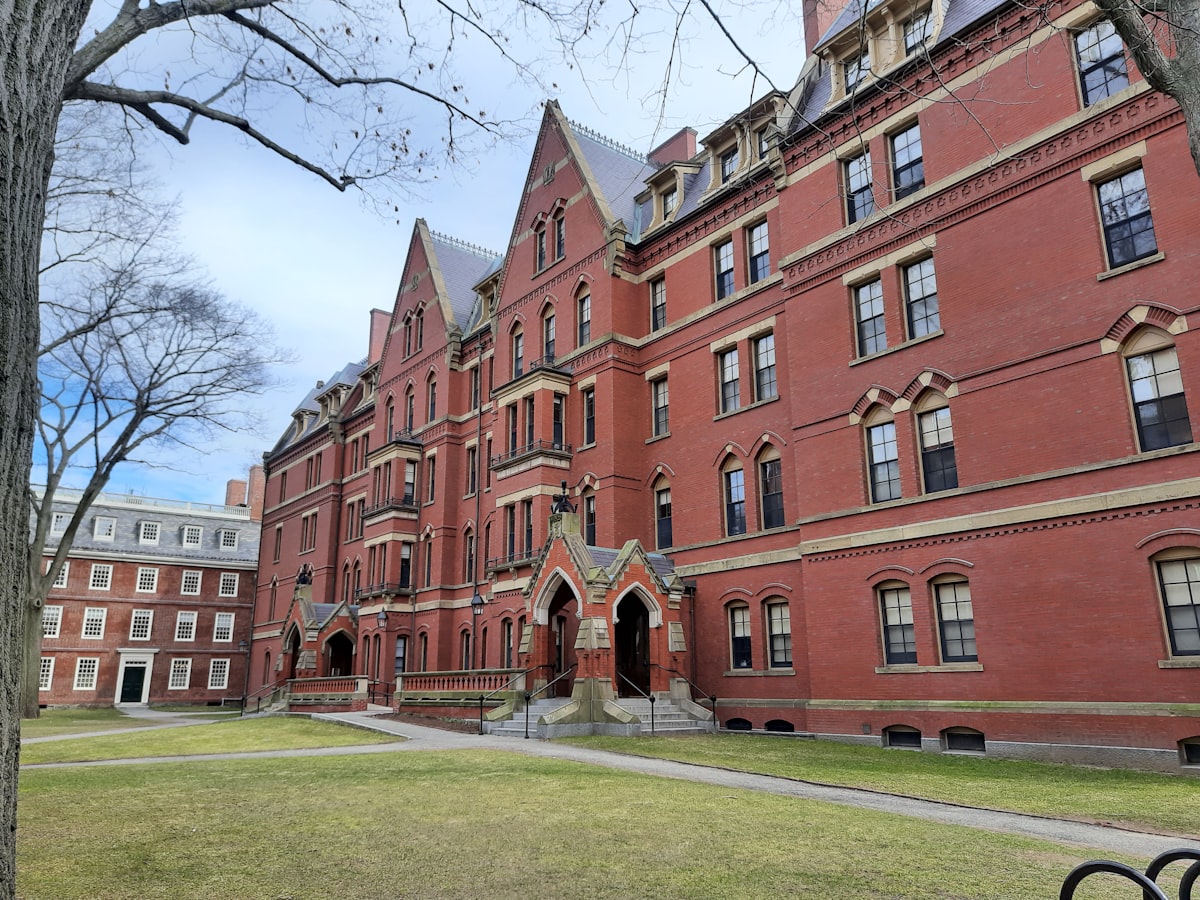Harvard MBA job offers fall in recruitment slowdown

The prestigious institution reported a significant drop in the placement of its recent graduates, which reflected a cooling in key sectors such as consulting and technology.
Competitiveness and prestige have always been the pillars that have supported the reputation of the MBA programs of the most renowned universities in the world. Harvard Business School , for example, has stood out for years as a springboard that almost guaranteed its graduates a prominent position in the job market. However, an unexpected turn suggests that the situation is changing.
According to recent information provided by the Financial Times and Business Insider , the job placement of recent Harvard MBA graduates has decreased considerably, reaching the lowest levels in the last five years.
This year, only 86% of Harvard graduates who sought employment received offers, a significant drop compared to 95% in 2022 and the recent peak of 96% in 2021. This phenomenon is not unique to this institution. The Stanford Graduate School of Business reported that about 89% of its most recent class had job offers three months after graduation, also a decline from the previous year.
The reasons behind this trend are multiple. A slower hiring market is evident in sectors that traditionally recruited a large number of MBAs , such as consultancies, audit firms and technology companies. Economic uncertainty has led many companies to adopt a “wait and see” position, postponing start dates for job candidates and, in some cases, implementing layoffs.
Consultancies such as EY have delayed start dates for graduates who had been offered positions a year ago, reducing demand for additional hires. Entry salaries at consulting firms such as McKinsey and BCG have remained at last year's level, losing value in the face of inflation.
Kristen Fitzpatrick , executive director of Harvard's MBA Career and Professional Development , explained that this year's slow job market has created a unique dynamic. “Students with deferred start dates sought temporary employment or alternative full-time roles, and more students than usual opted for post-graduate internships,” she told Business Insider.
The Graduate Management Admission Council , which administers the GMAT exam for business school admissions, showed a 5% drop in interest in MBAs and all business school degrees worldwide in 2023.
Barbara Coward , founder of MBA 360 Admissions , a firm that advises MBA applicants , said that while the market for consulting and technology appears to have shrunk, there are growth areas such as healthcare and any job that requires business analysis. data. “Businesses face similar challenges to households with the lingering after-effects of rampant inflation,” she added.
On the other hand, the collapse of Silicon Valley Bank in early 2023 is seen as a harbinger of contraction of capital entering the venture capital market and pressure on startups, according to Pedro González , president of TalentMBA .
Andrea Sparrey , of Sparrey Consulting , noted that potential students are asking more direct questions than before about the expected returns from the degree.
This situation, however, has not discouraged all recent Harvard graduates . A smaller percentage of the class of 2023, who decided not to pursue a job search, were starting their own businesses, already employed or continuing their education.
And the positive news is that the roles prospective workers are waiting for may be worth it. Starting salaries for recent MBA graduates have seen a notable increase in recent years.
The median starting salary for Harvard Business School graduates this year is $175,000, which is a marked increase from $150,000 in 2021. And at Stanford's GSB , the median salary in 2023 is just over $150,000. 182,000, compared to just over USD 158,000 in 2021.
The employment landscape for MBA graduates is proving to be tough and full of uncertainty, with some graduates facing longer wait times for entry into the workforce, which has also offered them the opportunity to travel or consider roles they had not previously considered. Despite the current challenge, the value of the degree and professional adaptability remain strong bets for the future of recent graduates.



